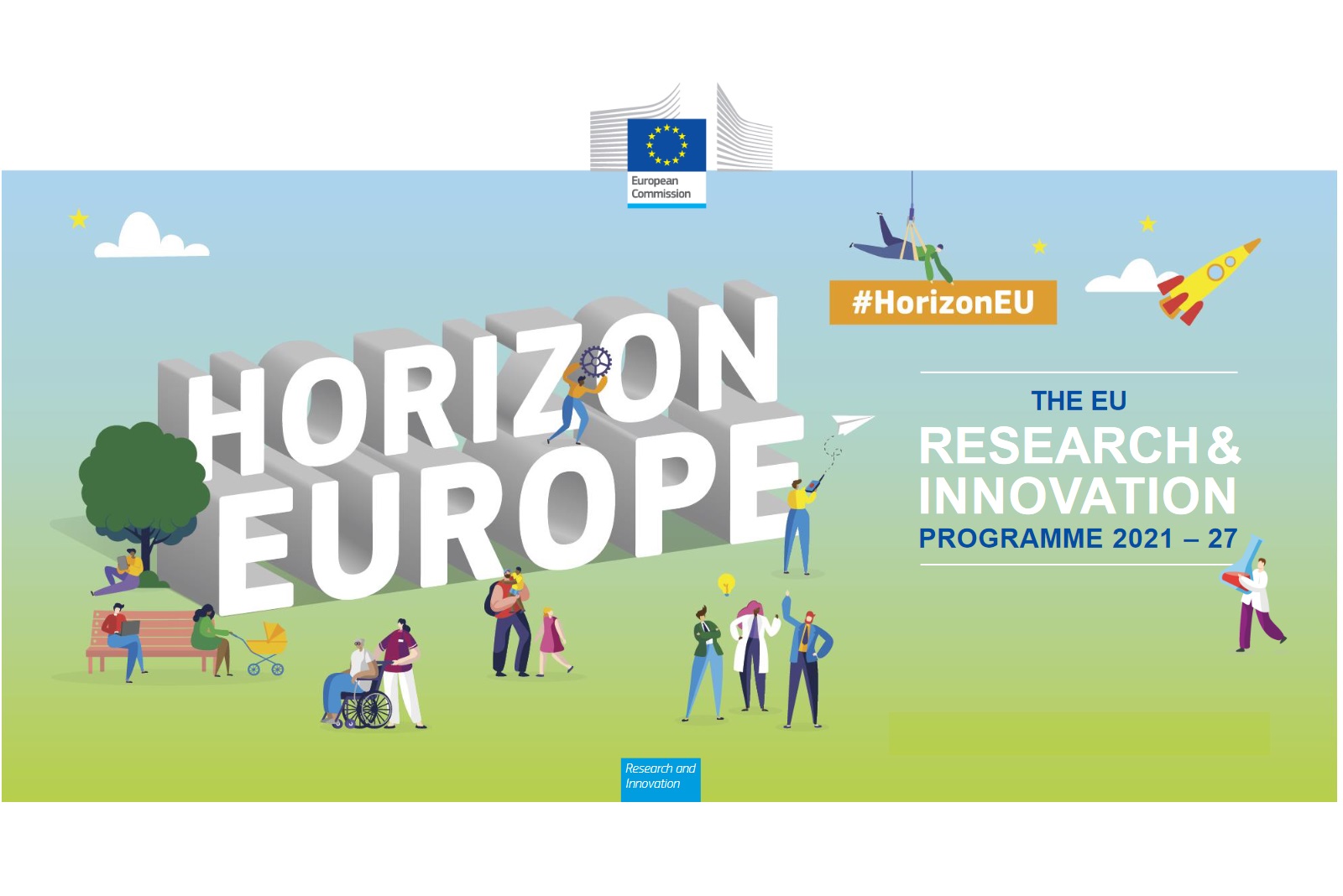
CCAM solutions have to provide a more user-centred, all-inclusive road mobility, while increasing safety, reducing congestion, emissions and contributing to climate neutrality. These novel mobility services enable seamless integration with existing services (e.g. public transport, logistics), and higher levels of automation support, transport productivity and efficiency (e.g. transportation of goods at lower speeds to save energy, operational efficiency at logistics hubs and in hub to hub corridors or last mile operations). Yet all these benefits need to be proven. Previous and currently ongoing demonstration projects for CCAM systems and services show, that further testing of highly automated systems and services with high scaling potential is necessary, involving more mature technologies or additional use cases in extended Operational Design Domains (ODDs). Proposed actions for this topic are expected to address all the following aspects:
- implement a set of European demonstrators of smart, shared mobility and/or logistics use cases in real traffic conditions with ambitious and realistic operational domains (balancing environmental complexity, risk, speed, economic viability, etc.) enabled by CCAM solutions (SAE Level 4) with market potential (i.e. with scalable business and operating models).
- Test robustness, reliability and safety of highly automated CCAM systems and services, while focussing on user interaction and interaction with other road users (specifically vulnerable road users such as pedestrians and cyclists). This includes testing of key enabling technologies (e.g. sensors, connectivity, cybersecurity, AI, big data, space-based services), physical/digital infrastructure support and optimised traffic and fleet management.
- address user and customer needs for mobility and logistics, paying special attention to differences in mobility patterns by gender, age, disability and other social groups174. Further, deploy high quality services that are well integrated with other modes and existing mobility services.
- apply, test and demonstrate the common evaluation framework for large-scale demonstration pilots in Europe and the test data exchange framework, provide input to the European knowledge base on CCAM (see topic HORIZON-CL5-2021-D6-01-06) and contribute to the European database of relevant scenarios (see topic HORIZON-CL5-2021-D6-01-02).
Proposed actions should contribute to effective assessment and demonstration of benefits on energy efficiency, traffic flow, safety, user appreciation, etc. based on holistic modelling solutions. If possible, already existing investments at national and European level on demonstration activities should be leveraged, optimising return on investments and create a strong basis for even larger scale demonstrations and system integration.
Proposed actions should foster the collaboration between public and private stakeholders (e.g. cities, regions and infrastructure operators, authorities, civil society organisations, public transport operators, OEMs and suppliers, logistics hubs, freight transport and logistics service providers and freight transport and logistics users, research providers, ITS and telecom sector) to achieve common objectives and assess societal impacts. Co-creation with users should be considered to demonstrate benefits and raise public acceptance/adoption of CCAM under real-world conditions. To this end, it is recommended to develop solutions that are grounded in social innovation.
This topic requires the effective contribution of SSH disciplines and the involvement of SSH experts, institutions, as well as the inclusion of relevant SSH expertise, in order to produce meaningful and significant effects enhancing the societal impact of the related research activities.
Proposed actions are expected to focus on demonstrators for integrated shared automated mobility solutions for people, for goods or for both, and should address resulting synergies and complementarities in the CCAM ecosystem when possible. All vehicles used for testing the innovative CCAM concepts should use zero emission technologies.
In order to achieve the expected outcomes, international cooperation is advised, in particular with projects or partners from the US, Japan, Canada, South Korea, Singapore, Australia.
This topic implements the co-programmed European Partnership on ‘Connected, Cooperative and Automated Mobility’ (CCAM).
174 See for example the Gendered Innovations case study on smart mobility (2020, p.114): https://ec.europa.eu/info/sites/info/files/research_and_innovation/strategy_on_research_and_innovation/documents/ki0320108enn_final.pdf

